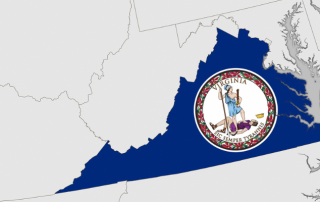The IRS Is Lowering Interest Rates: Now What?
In mid November, the IRS announced that interest rates will decrease by a percentage point for the calendar quarter beginning January 1, 2025. Learn more about what that means for individuals and corporations.










